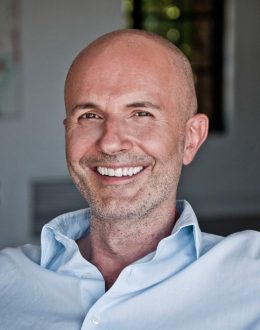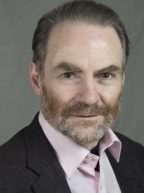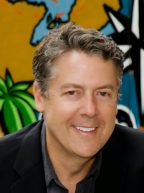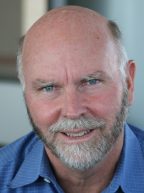Francis Cholle keynote speaker
- Adaptation
- Complex Problem Solving
- Decision Making
- Gender
- Reinventing Performance
- Thought Leadership
Francis Cholle was born to a family of scientists and raised in Paris, where he received a Master’s in Science of Management at Europe’s leading business school. After two years spent in Frankfurt, Germany in commercial banking, as part of his civil service he was fortunate to start his professional career at the helm of a publishing house. This demanding and thrilling experience took him around the world and through all aspects of producing art books and leading a private company, including becoming one of the main shareholders and a millionaire at age 25.
Then even more unconventional paths stretched him and satiated his curiosity for life, the arts and humanities: professional training in theater and opera in New York, professional yoga training in India, and a degree in clinical psychology. All have shaped his personal take on life and provided him with insights into human nature, as well as a concern for the sustainability of the modern world.
I couldn’t help but ask myself, “How is it that we were able to get to the moon, and yet are unable to sustain a balanced relationship with nature?” What is the root cause to that split in the human mind? I imagined an answer to this question and a solution to our daunting sustainability challenge. If only we could include instinct (nature in us) in our thought processes and decisions, chances are we would design solutions unavoidably more respectful of nature.
To prove that his holistic approach to decision making could help businesses better adapt, innovate, and succeed, Francis started a management consulting firm, The Human Company. He got hired and rehired by some of the most successful global companies like Apple, Bristol Myers Squibb, Estée Lauder, JP Morgan Chase, L’Oréal, LVMH, or Ralph Lauren. His unique methodology brought these global powerhouses unprecedented success.
Today he helps corporations reach their business goals, inclusive of all stakeholders, and contributes to systemic change. With his original methodology, he enhances our modern leadership culture, one assignment at a time.





